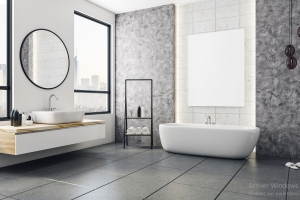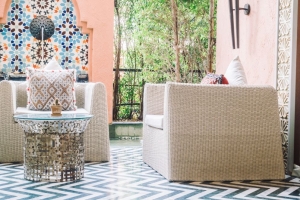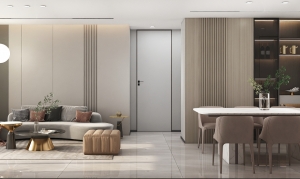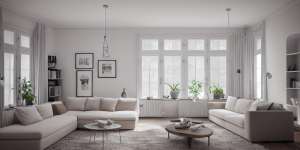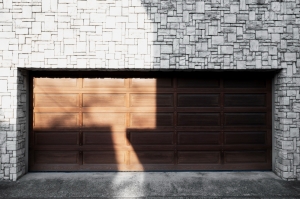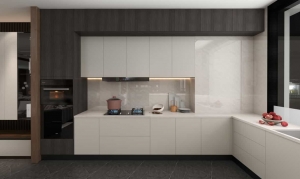Finding the perfect apartment has become more complex since remote work transformed how we live and work. When you work remotely, your home serves as your personal and professional quarters, making certain features essential.
Remote workers face unique challenges that traditional apartment hunters rarely consider. Understanding these requirements before you sign a lease can save you months of frustration and potentially costly moves. If you’re apartment hunting with remote work in mind, here are some helpful things to look for in your new home to support this lifestyle.
High-Speed Internet
Reliable internet connection is the most important aspect of successful remote work. Before touring any apartment, research the internet service providers available in the building and neighborhood. Consider reaching out to the landlord or current tenants about their experience with connection speeds and reliability during peak usage hours.
Many older buildings struggle with insufficient internet infrastructure. Verify that the apartment can support the bandwidth requirements for your specific work needs, especially if you frequently participate in video conferences or handle large file transfers.
Area for a Dedicated Workspace
Creating boundaries between work and personal life requires a designated workspace within your apartment. This doesn’t necessarily mean you need a separate room, but you should identify where you’ll set up your desk and equipment before moving in.
Consider the layout carefully during your apartment tour. An alcove, corner of the living room, or space off of your kitchen can serve as an effective office space. The key is ensuring this area can remain consistently dedicated to work, rather than constantly competing with dining or entertainment activities.
Natural Light and Ventilation
Natural light and ventilation impact productivity and mental health during long workdays. Apartments with windows near your planned workspace help reduce eye strain, maintain your circadian rhythm, and let fresh air in.
Pay attention to which direction the windows face and how much light enters throughout the day. North-facing windows provide consistent, gentle light, while south-facing windows offer brightness but may require blinds to prevent screen glare. Good ventilation also becomes crucial when you spend eight or more hours daily in the same space.
Noise Levels
Noise distractions can derail productivity and create embarrassing interruptions during important calls. Visit potential apartments at different times of day to assess noise levels from neighbors, street traffic, and nearby businesses.
Consider both the noise you’ll hear and the noise you might create. Thin walls that let in distracting sounds also transmit your voice to neighbors during phone calls. Corner and top floor units typically offer more privacy and fewer noise issues than apartments surrounded by other units.
Creating Your Ideal Remote Work Environment
Apartment living appeals to many of today’s professionals, especially those working remotely. Choosing an apartment that supports remote work requires looking out for different features that will balance traditional housing priorities with your professional needs.
The extra time spent evaluating internet speeds, workspace potential, lighting, and noise levels pays dividends in increased productivity and job satisfaction. Remember these factors to look for while apartment hunting to get the most out of your future space in your remote position.

